Once Upon a Time in China (1991) is a groundbreaking martial arts epic directed by Tsui Hark and starring Jet Li as Wong Fei-hung, a legendary folk hero and martial artist. The film combines breathtaking action with a rich historical narrative, exploring themes of nationalism, cultural identity, and resistance in the face of foreign influence. It’s widely regarded as one of the most influential martial arts films of all time.
A Story of Patriotism and Resistance
Set in late 19th-century China during a period of foreign occupation and internal strife, the film follows Wong Fei-hung, a physician and martial arts master, as he confronts the challenges posed by Western imperialists, corrupt local officials, and rival martial artists.
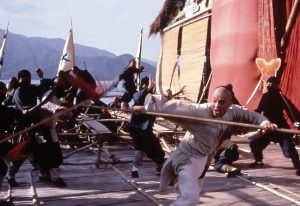
Wong is drawn into the conflict when his martial arts school becomes a target for exploitation. At the same time, he fights to protect Aunt Yee (Rosamund Kwan), a progressive and educated woman with whom he shares a deep bond. The story builds as Wong faces a treacherous mix of political turmoil, cultural clashes, and violent confrontations, ultimately leading to a thrilling showdown.
Iconic Martial Arts Action
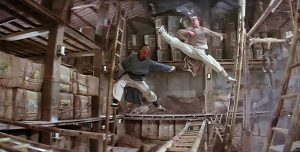
The action sequences in Once Upon a Time in China are both innovative and mesmerizing. Choreographed by Yuen Woo-ping, the fight scenes blend traditional martial arts with acrobatics and cinematic flair. The iconic battle in the warehouse, where Wong Fei-hung uses an umbrella as a weapon, showcases Jet Li’s exceptional skill and Tsui Hark’s creative vision. Every fight serves the story, elevating it beyond simple spectacle.
Themes of Tradition and Modernity
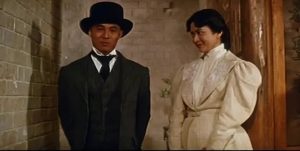
The film explores the tension between preserving Chinese traditions and adapting to the changing world. Wong Fei-hung represents the dignity and strength of traditional Chinese culture, while Aunt Yee symbolizes the push toward modernization and Western influence. Their dynamic reflects the broader struggles of a nation grappling with its identity.
Cultural and Cinematic Impact
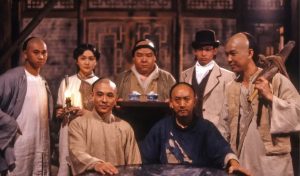
Once Upon a Time in China was a critical and commercial success, revitalizing interest in historical martial arts films. Jet Li’s portrayal of Wong Fei-hung solidified his status as an international star, and the film’s themes resonated deeply with audiences. It spawned multiple sequels, cementing its legacy as one of the most celebrated franchises in martial arts cinema.
Why Once Upon a Time in China Stands Out
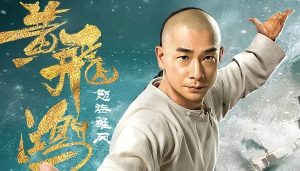
This film is not just a martial arts epic—it’s a compelling story of resilience, identity, and the fight for justice. With its powerful performances, stunning choreography, and historical depth, Once Upon a Time in China offers an unforgettable cinematic experience. Whether you’re a fan of martial arts or historical dramas, this film is a must-watch that continues to inspire and captivate audiences worldwide.
